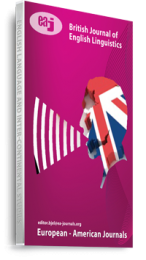This paper examines excerpts of Presidents Olusegun Obasanjo and Goodluck Jonathan’s political discourses to determine how language is utilized as instrument for manipulating the electorates by politicians. Working within the tenet of Norman Fairclough’s Critical Discourse Analysis, the paper seeks to explore the workings of power in the Nigerian presidential discourse and to unravel the concealed meaning in the utterances under study. Findings reveal that the two presidents grossly utilized manipulative languages in marketing their agenda, ideology and programme to their audience. These were achieved in their portrayal of self as humble servants, political redeemers, alignment with the suffering of the vast majority of the people and statement of government reconciliation. While Obasanjo took time to narrate his walking through the valley episode, Jonathan painted his picture of humble childhood experience, and concluding that he is one of the suffering majority. These are manipulative strategies geared towards entreating and appealing to ideological sense, controlling the people’s thought and perception, and manipulate the unsuspected members of the public towards accepting their candidacy.
Keywords: Critical Discourse Analysis (CDA), Language and Power, Manipulation, Political Discourse

